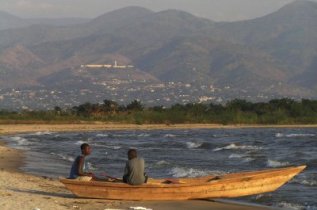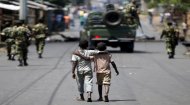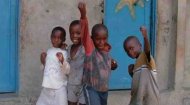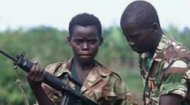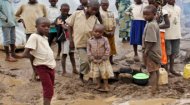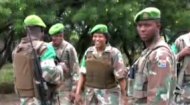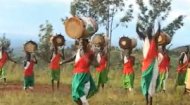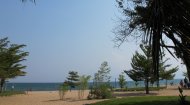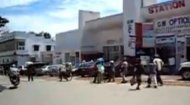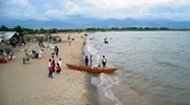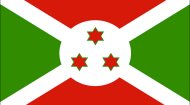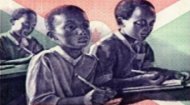|
Burundi Profile
Burundi, with its population of 12.89 million (2022), is both one of the smallest countries in Africa and one of the ten poorest countries in the world. Initially a kingdom, it was then ruled by Germany until the end of the first World War before becoming part of the Belgian colonial empire and eventually gaining independence in 1962. As with many of the newly emerging independent African nations, internal politics were fraught and unstable. It gained its first elected president in 1993, however within one hundred days that president had been assassinated and a civil war, that was to last 12 years and claim the lives of hundreds of thousands of Burundians, had been triggered. That civil war devastated the country's social and economic fabric leaving an already impoverished country in 187th place
|
|
|
out of 191 countries and territories in 2021 when ranked in terms of life expectancy, literacy, access to knowledge and the living standards. The war also created 100,000 internally displaced people within Burundi with a further 352,640 Burundi refugees living in Tanzania, 17,777 refugees in the Democratic Republic of Congo and 4400 in Rwanda, in addition to those who had fled further afield having fled due to fear of persecution and poverty in Burundi in search of food and work given the scarcity of both at home. The return of some since 2006 has also created problems with property and land conflicts arising. In order to survive, Burundi is now dependent on foreign aid, but even with that aid, over half the children there under the age of five suffer from chronic malnutrition.
Nearly half the population is aged fourteen years and under and 11% of all children in Burundi die at birth, with 19% dying before their fifth birthday, one of the highest child mortality rates in the world mainly due to malaria, diarrhoea, and pneumonia. More than 70 percent of the population live in poverty and food insecurity levels are running at an alarming rate with 52% of all children under the age of five stunted and there are even higher levels of malnutrition among rural communities (where, in 2019, 86% of the population live).

|

